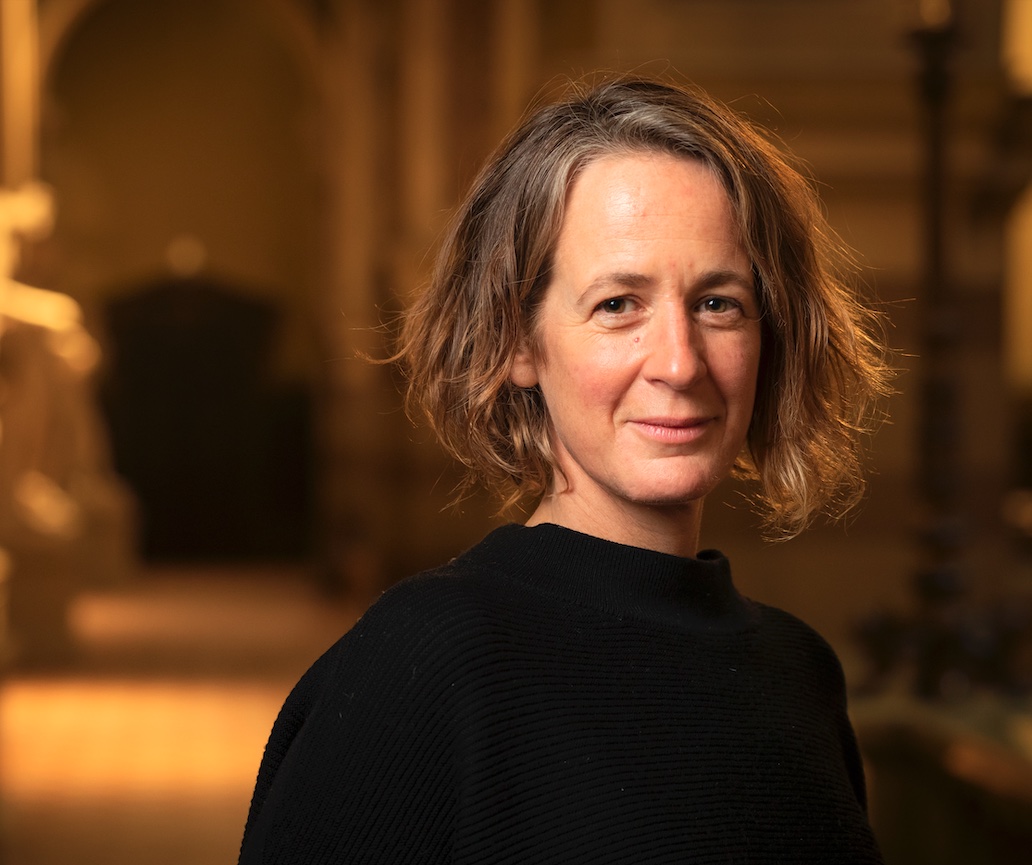
The University Scholars Leadership Symposium is an annual event organised by Humanitarian Affairs Asia, dedicated to empowering and inspiring young leaders to develop innovative solutions for pressing global challenges. In 2024, the 12th edition of the event took place at the United Nations Conference Centre in Bangkok, Thailand, from August 6th to 9th. The symposium brought together 500 delegates from 47 countries, and I was honoured to be among them. As a Master’s student in Global Environmental Challenges at the Cabot Institute, I am deeply grateful to the institute for introducing me to this opportunity and enabling me to participate in such an enriching experience.
Attending this prestigious event was both immersive and inspiring. It was a week filled with discussions on global issues and how we, as emerging leaders, can contribute to advancing the United Nations Sustainable Development Goals (SDGs). Each day offered opportunities to attend talks on a wide range of topics, including water, sanitation, and hygiene (WASH), digital inclusion, female genital mutilation (FGM), elephant conservation, and refugee crises.

What made many of the talks particularly compelling were the speakers themselves—individuals actively working to make positive changes in communities around the world. Their stories, often rooted in personal experiences, were powerful and motivating.
One talk that stood out to me was by Shomy Hasan, a young woman from Bangladesh. After losing her mother to diarrhoea, she became a passionate advocate for WASH issues. “I find it unacceptable that people die from a preventable disease,” she said. Shomy went on to co-found Awareness 360, a non-profit organisation dedicated to empowering young individuals to lead community service projects aligned with the United Nations Sustainable Development Goals (SDGs).
Another inspiring story was shared by Sangduen Lek, who overcame significant obstacles in her remote Thai village to protect maltreated elephants by founding the Save Elephant Foundation. Her perseverance highlights the impact one determined individual can have on wildlife conservation. Similarly, Jack Growden’s story stood out—after donating his laptop to a school, he now leads a digital equity charity that has transformed the lives of over 200,000 students across Asia-Pacific and Australia by providing repurposed computers to schools.
The symposium also included an informative session on the global refugee crisis, delivered by Dunya Khan from the UN High Commissioner for Refugees. This talk deepened my understanding of the complex reasons that force people to flee their countries, highlighting the importance of combating prejudice against migrants and refugees.
Inspiring and authentic, Ifrah Ahmed is a survivor of female genital mutilation (FGM) in Somalia, and her story even inspired a movie. In her fight against FGM, she emphasised the importance of understanding the cultural context when engaging with communities. Her message was clear: effective communication and partnerships must be built on respect, humility, and honesty.
The breaks between talks offered valuable opportunities to exchange ideas and network with other delegates. It was very interesting to meet students from every continent, each bringing diverse academic backgrounds and perspectives. While some expressed concerns about lacking direct experience in certain areas, I believe every field of study has a role in driving positive change. The diverse skills and knowledge we contribute can help create a more just and sustainable world.
A highlight of the symposium for me was our visit to a refugee camp and school in a community near the border with Myanmar. The refugees we met were Karen people from Myanmar, a country currently embroiled in civil conflict. Interacting with the children, learning about their culture, and playing with them was heartwarming and eye-opening. As an environmental engineer, I was particularly struck by the severe water and sanitation challenges faced by the community—no access to safe drinking water, inadequate sanitation, and poor waste management, all exacerbated by precarious housing conditions. Despite the language barrier, we found ways to communicate and connect, and I was reminded of the striking similarities between this refugee camp and rural communities in Brazil. The struggles may be similar, but so too are the generosity and hospitality of the people.



These are the very issues I study, and seeing them firsthand in the refugee camp reinforced the importance of my work. In settings like these, both children and adults are at heightened risk of diseases due to the lack of basic services. This experience has deepened my commitment to improving the living conditions in deprived communities and inspired me to continue my research on environmental engineering controls to prevent leptospirosis in Brazilian slums. Witnessing how inadequate WASH services directly impact health underscores the urgency of my work, and motivates me to find solutions that can make a tangible difference in similar communities around the world.
This incredible experience reinforced several lessons for me. Even if it sounds cliché, there is hope, and together, we can create a better world. It will never be a cliché until we achieve a society characterised by justice, environmental sustainability, and social and gender equality.

————————–
This blog was written by Ana Maria Silva, an MScR student on the Cabot Institute’s MScR in Global Environmental Challenges. Ana Maria’s research is on leptospirosis transmission in slums in Salvador, Bahia, Brazil, developing and evaluating a tool to understand the impact of environmental engineering infrastructure. Ana Maria is supervised by Professor Guy Howard and Dr Rodolfo Bezerra Nobrega.
If you would like to learn more about the MScR in Global Environmental Challenges, please contact the Cabot Institute PGR team on cabot-pgr@bristol.ac.uk.




